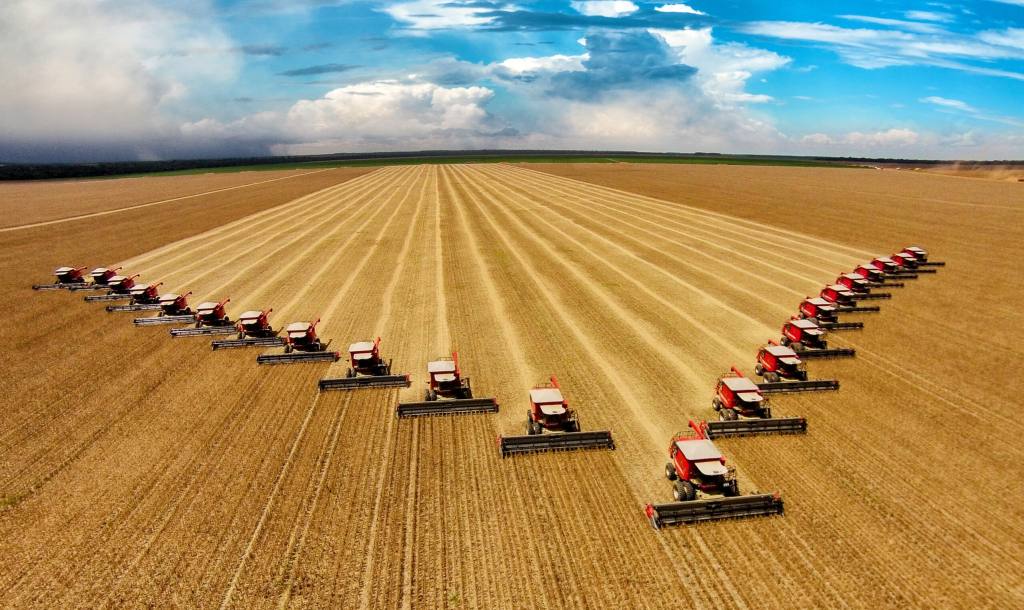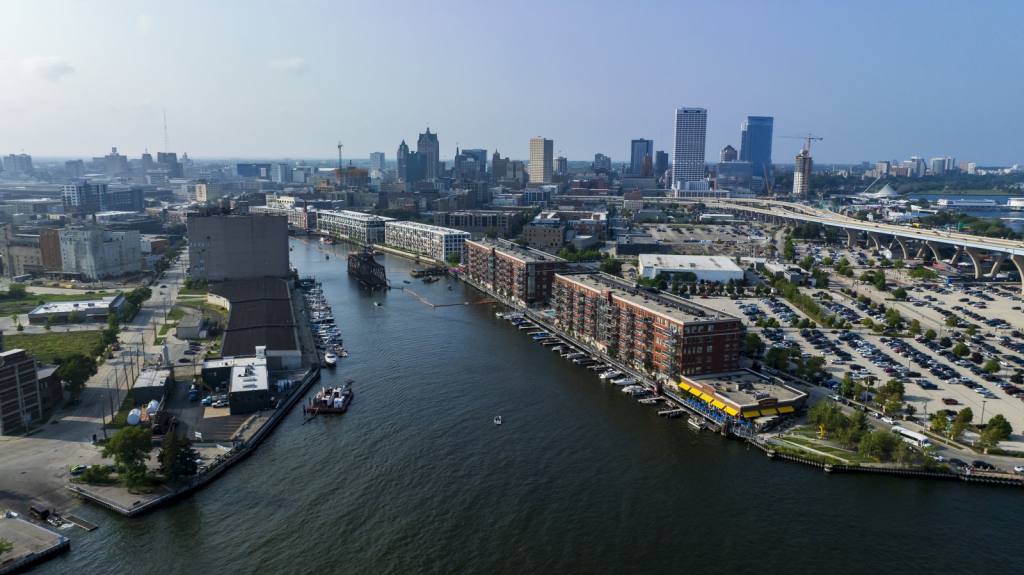Creating Jobs and Supporting Local Economies

Economic growth is a vital component of a thriving community, and at the heart of this growth are job creation and the support of local economies. When communities prioritize these aspects, they build a foundation for prosperity that benefits everyone, from individuals to businesses. Creating jobs and bolstering local economies not only strengthens the financial stability of a region but also fosters a sense of community, innovation, and long-term resilience.
The Importance of Small Businesses
Small businesses are often referred to as the backbone of local economies, and for good reason. They create a significant portion of new jobs and provide unique goods and services that larger corporations often overlook. By supporting small businesses, communities can ensure that money spent locally stays within the community, creating a positive cycle of economic activity. Small businesses also tend to be more invested in the local area, contributing to community events, sponsoring local teams, and participating in civic activities.
Encouraging entrepreneurship through grants, low-interest loans, and business development programs can lead to the creation of new small businesses. These businesses, in turn, generate employment opportunities and stimulate economic growth. Local governments and organizations play a crucial role in providing the necessary resources and support to help these businesses succeed. By creating a favorable environment for small businesses, communities can cultivate a diverse and resilient economy that can withstand economic downturns and other challenges.

Investing in Workforce Development
Workforce development is another critical component of job creation and economic support. By investing in education, training, and skill development, communities can prepare their workforce for the demands of the modern economy. This not only makes the local workforce more attractive to potential employers but also ensures that residents have access to high-quality jobs that offer stability and growth opportunities.
Partnerships between educational institutions, businesses, and local governments can help create tailored programs that address the specific needs of the community. For example, a community with a growing technology sector might invest in coding boot camps, internships, and vocational training to prepare workers for tech-related jobs. Additionally, providing resources for lifelong learning and continuous skill development helps workers stay competitive in a rapidly changing job market. By focusing on workforce development, communities can attract new businesses and industries, further boosting local economies.
The Role of Infrastructure in Economic Growth
Infrastructure plays a crucial role in supporting local economies and creating jobs. A well-maintained and modern infrastructure system—encompassing transportation, utilities, communication networks, and public facilities—makes a region more attractive to businesses and investors. Infrastructure projects, such as road construction, public transportation expansion, and broadband internet deployment, create immediate job opportunities and lay the groundwork for long-term economic growth.
Moreover, investing in green infrastructure, such as renewable energy projects and sustainable urban planning, can drive economic development while also addressing environmental concerns. Communities that prioritize infrastructure improvements are better positioned to attract new businesses, retain existing ones, and support a high quality of life for residents. These investments not only create jobs directly through construction and maintenance but also indirectly by making the area more appealing to a diverse range of industries.
Supporting Local Agriculture and Food Systems
Local agriculture and food systems are often overlooked in discussions about job creation and economic development, yet they hold significant potential. Supporting local farmers, food producers, and markets can stimulate job creation, enhance food security, and strengthen the local economy. Local food systems keep money within the community, reduce the carbon footprint associated with food transportation, and provide fresh, healthy food to residents.
Programs that connect local farmers with consumers, such as farmers’ markets, community-supported agriculture (CSA), and farm-to-table initiatives, can help build a robust local food economy. Additionally, providing support for urban agriculture and community gardens can create jobs, especially in underserved areas. By investing in local food systems, communities can promote economic development while also addressing social and environmental challenges.
Conclusion
Creating jobs and supporting local economies are essential for building strong, resilient communities. By focusing on small businesses, workforce development, infrastructure, and local agriculture, communities can lay the groundwork for sustainable economic growth. These efforts not only create jobs and stimulate economic activity but also foster a sense of community and belonging. As communities continue to evolve and face new challenges, prioritizing local economic development will be key to ensuring long-term prosperity and stability.








